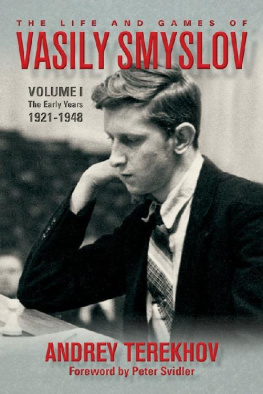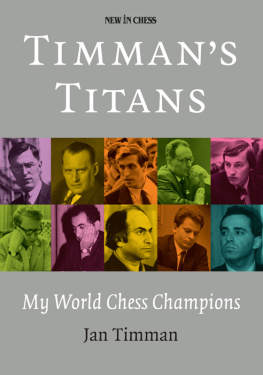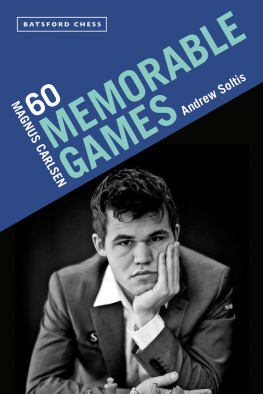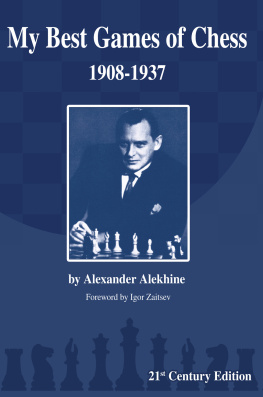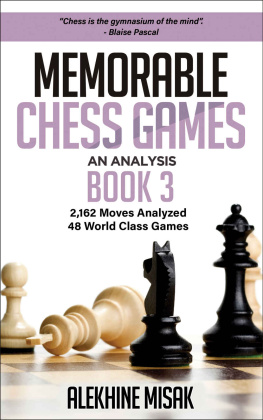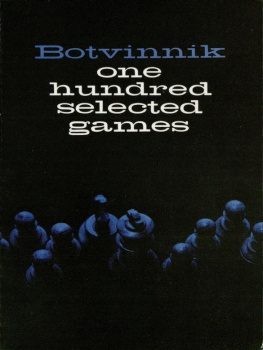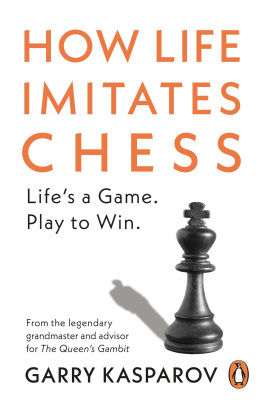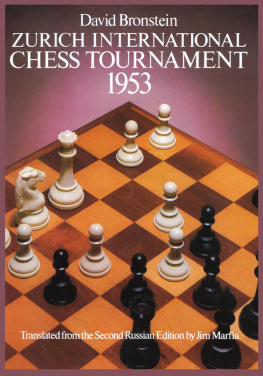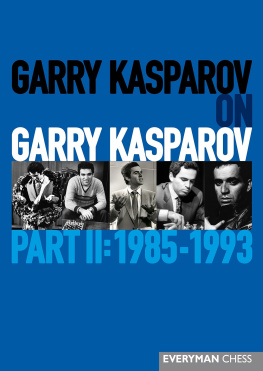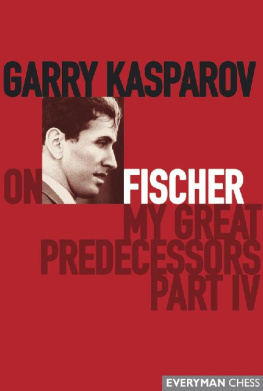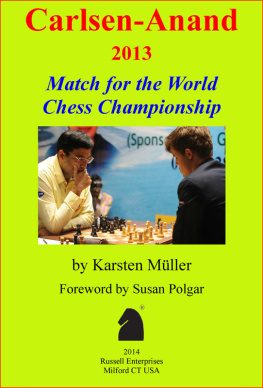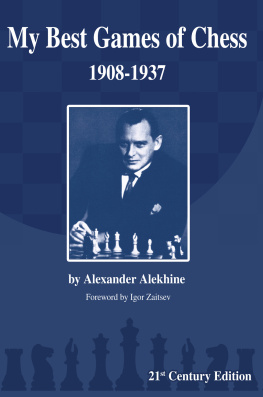Andrey Terekhov - The Life and Games of Vasily Smyslov: Volume I - The Early Years: 1921-1948
Here you can read online Andrey Terekhov - The Life and Games of Vasily Smyslov: Volume I - The Early Years: 1921-1948 full text of the book (entire story) in english for free. Download pdf and epub, get meaning, cover and reviews about this ebook. year: 2020, publisher: Russell Enterprises, Inc., genre: Non-fiction. Description of the work, (preface) as well as reviews are available. Best literature library LitArk.com created for fans of good reading and offers a wide selection of genres:
Romance novel
Science fiction
Adventure
Detective
Science
History
Home and family
Prose
Art
Politics
Computer
Non-fiction
Religion
Business
Children
Humor
Choose a favorite category and find really read worthwhile books. Enjoy immersion in the world of imagination, feel the emotions of the characters or learn something new for yourself, make an fascinating discovery.
- Book:The Life and Games of Vasily Smyslov: Volume I - The Early Years: 1921-1948
- Author:
- Publisher:Russell Enterprises, Inc.
- Genre:
- Year:2020
- Rating:3 / 5
- Favourites:Add to favourites
- Your mark:
The Life and Games of Vasily Smyslov: Volume I - The Early Years: 1921-1948: summary, description and annotation
We offer to read an annotation, description, summary or preface (depends on what the author of the book "The Life and Games of Vasily Smyslov: Volume I - The Early Years: 1921-1948" wrote himself). If you haven't found the necessary information about the book — write in the comments, we will try to find it.
Vasily Smyslov, the seventh world champion, had a long and illustrious chess career. He played close to 3,000 tournament games over seven decades, from the time of Lasker and Capablanca to the days of Anand and Carlsen. From 1948 to 1958, Smyslov participated in four world championships, becoming world champion in 1957.
Smyslov continued playing at the highest level for many years and made a stunning comeback in the early 1980s, making it to the finals of the candidates cycle. Only the indomitable energy of 20-year-old Garry Kasparov stopped Smyslov from qualifying for another world championship match at the ripe old age of 63!
In this first volume of a multi-volume set, Russian FIDE master Andrey Terekhov traces the development of young Vasily from his formative years and becoming the youngest grandmaster in the Soviet Union to finishing second in the world championship match tournament.
With access to rare Soviet-era archival material and invaluable family archives, the author complements his account of Smyslovs growth into an elite player with dozens of fascinating photographs, many never seen before, as well as 49 deeply annotated games. German grandmaster Karsten Mllers special look at Smyslovs endgames rounds out this fascinating first volume.
[This book] is an extremely well-researched look at his life and games, a very welcome addition to the body of work about Smyslov from the Foreword by Peter Svidler
About the Author
St. Petersburg native Andrey Terekhov is a FIDE Master, an ICCF International Master (correspondence chess) and holds a Ph.D. in Computer Science. His best results at the board were victories in the 2008 Munich Open and the 2012 Nabokov Memorial. He currently resides in Singapore. This is his first book for Russell Enterprises. Winner of the prestigious 2021 FIDE Book of the Year Award The Life & Games of the Seventh World Chess Champion Vasily Smyslov, the seventh world champion, had a long and illustrious chess career. He played close to 3,000 tournament games over seven decades, from the time of Lasker and Capablanca to the days of Anand and Carlsen. From 1948 to 1958, Smyslov participated in four world championships, becoming world champion in 1957. Smyslov continued playing at the highest level for many years and made a stunning comeback in the early 1980s, making it to the finals of the candidates cycle. Only the indomitable energy of 20-year-old Garry Kasparov stopped Smyslov from qualifying for another world championship match at the ripe old age of 63! In this first volume of a multi-volume set, Russian FIDE master Andrey Terekhov traces the development of young Vasily from his formative years and becoming the youngest grandmaster in the Soviet Union to finishing second in the world championship match tournament. With access to rare Soviet-era archival material and invaluable family archives, the author complements his account of Smyslovs growth into an elite player with dozens of fascinating photographs, many never seen before, as well as 49 deeply annotated games. German grandmaster Karsten Mllers special look at Smyslovs endgames rounds out this fascinating first volume. [This book] is an extremely well-researched look at his life and games, a very welcome addition to the body of work about Smyslov from the Foreword by Peter Svidler
Andrey Terekhov: author's other books
Who wrote The Life and Games of Vasily Smyslov: Volume I - The Early Years: 1921-1948? Find out the surname, the name of the author of the book and a list of all author's works by series.

